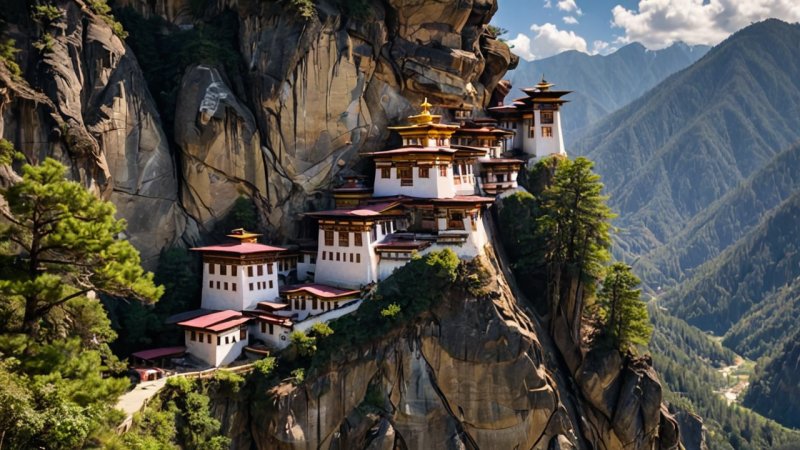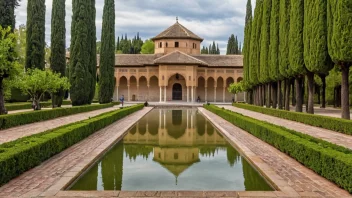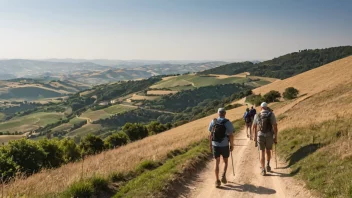Bhutan, a small kingdom nestled in the Eastern Himalayas, is renowned for its rich cultural heritage and deep-rooted spiritual practices, particularly Buddhism. This ancient religion is not just a belief system in Bhutan; it is a way of life that permeates everyday activities and the ethos of the Bhutanese people.
One of the most significant aspects of Buddhism in Bhutan is its integration into the country's governance. The concept of Gross National Happiness (GNH) stems from Buddhist principles, emphasizing the importance of spiritual and emotional well-being alongside material prosperity. This unique approach to development showcases how deeply spirituality influences Bhutanese society.
Visitors to Bhutan can engage with its spiritual practices in several ways. One of the most popular experiences is visiting the numerous monasteries and temples scattered throughout the country. The iconic Paro Taktsang, also known as the Tiger's Nest, is a must-visit. Perched on a cliff at 3,120 meters, this sacred site offers breathtaking views and a chance to learn about the history of Buddhism in Bhutan. As you hike up to the monastery, you will encounter prayer flags fluttering in the wind, signifying the importance of prayer and meditation in the Bhutanese culture.
Moreover, attending a traditional Buddhist festival is an unforgettable experience that provides insight into the spiritual life of the Bhutanese people. Festivals such as the Paro Tsechu and Thimphu Tsechu are vibrant celebrations featuring colorful masks, traditional dances, and rituals that honor the teachings of the Buddha. These events are not only a feast for the eyes but also an opportunity to witness the communal spirit and devotion of the Bhutanese.
For those seeking a more personal connection to spirituality, participating in a meditation retreat is highly recommended. Many monasteries offer programs that allow visitors to immerse themselves in the practice of mindfulness and meditation. These retreats typically include guided sessions, chanting, and teachings from experienced monks, providing a transformative experience that encourages self-reflection and inner peace.
Furthermore, understanding the significance of the stupa, a monument symbolizing the enlightened mind, is crucial when exploring Bhutan’s spiritual landscape. Stupas are found throughout the country and are often adorned with intricate carvings and colorful decorations. Visitors are encouraged to walk around these stupas in a clockwise direction, a practice known as kora, which is believed to bring merit.
As you journey through Bhutan, you will also notice the importance of compassion and kindness, fundamental tenets of Buddhism. The Bhutanese people exhibit a warm hospitality that makes travelers feel welcomed and cherished. Engaging with locals and learning about their daily spiritual practices can provide valuable insights into how Buddhism shapes their lives.
In conclusion, Bhutan offers a unique window into the spiritual practices of Buddhism, showcasing how the religion influences its culture, governance, and daily life. Whether hiking to sacred monasteries, participating in vibrant festivals, or engaging in meditation, visitors have the chance to experience the profound impact of Buddhism on Bhutanese society. This spiritual journey not only enriches one’s understanding of Buddhism but also fosters a sense of peace and connection with the world around us.






